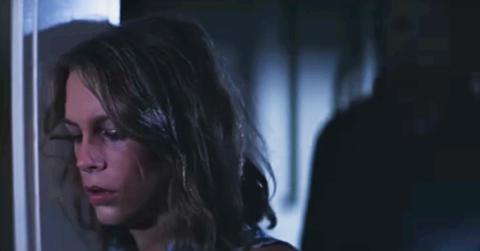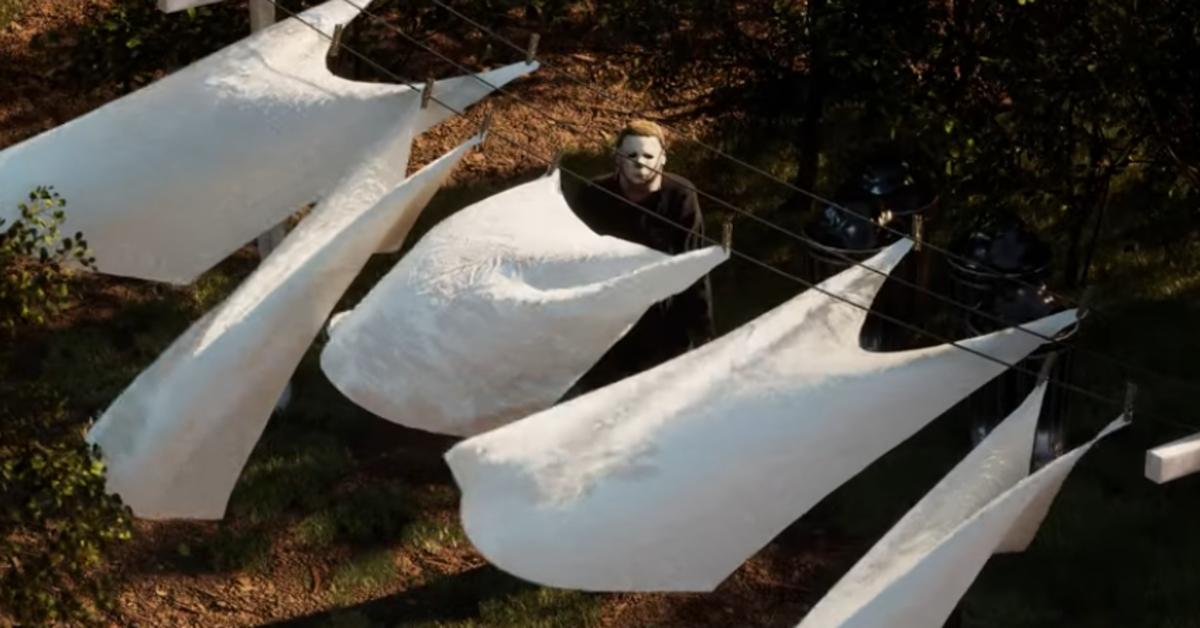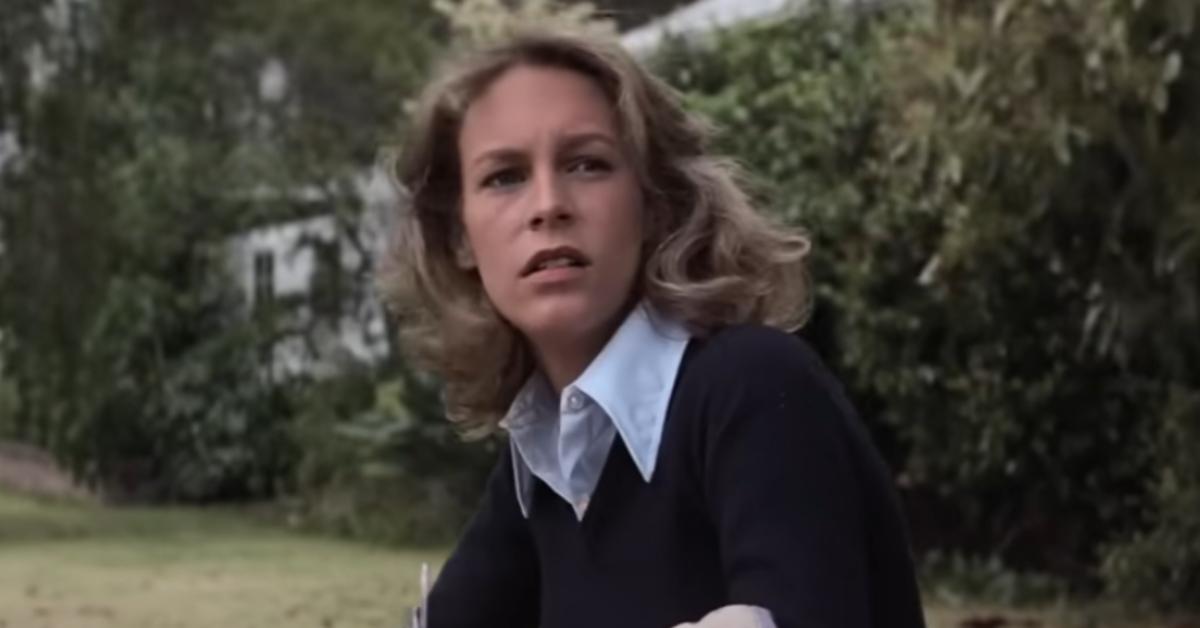Depending on Which ‘Halloween’ You Watch, Michael Myers Wants to Kill Laurie for Different Reasons
Published Nov. 4 2025, 3:03 p.m. ET

The first Halloween movie was a masterclass in suspense from director John Carpenter. His brilliant contributions to the film can't be overstated. Carpenter also co-wrote the film and helped to create the movie's memorable and haunting score.
Unforgettable imagery, like choosing to shoot Michael's crimes as a child through the eye holes of the mask he wears, or juxtaposing horrifying imagery against a mundane suburban backdrop, chilled audiences.
But why is Michael Myers always after Laurie Strode in the rest of the Halloween franchise?
Why does Michael Myers want to kill Laurie?
The killer's obsession with Laurie begins in the first film after Myers comes back to Haddonfield, Ill. After being incarcerated in a sanitarium for killing his older sister as a child, he manages to escape and go back to his hometown.
As it turns out, the Myers house had remained empty for some time, and Laurie's father was tasked with selling the home. Myers, while inside the house, sees Laurie dropping off the keys at the home's door with Tommy Doyle, an 8-year-old boy Laurie is babysitting.

Myers sees Laurie dropping off the keys, and it's already made apparent to the audience what his intentions are. After all, the flick opens up with him stabbing his older sister to death. From the moment he sees Laurie, Myers is seen constantly stalking her throughout the flick.
She notices him watching her at school, and then as the film progresses, he hunts her down until the movie reaches its dramatic conclusion. What made the first Halloween film so scary was arguably that no one really knew why Myers was singling Laurie out.
This plays into what notable film critic Roger Ebert had to say of the film upon its release: "We aren't seeing the movie, we're having it happen to us. It's frightening. Maybe you don't like movies that are really scary. Then don't see this one," he said of Halloween.

Many major studios refused to pick the film up, forcing Compass into the unenviable position of self-distribution. But it ultimately paid off. Word of mouth, strong reviews (with some detractors calling the movie a work of generic slop), and a staggered rollout saw Halloween tickets sell long after spooky season was over.
The movie was a hit, meaning that bigger budget sequels were inevitable. This is where the reasons behind Myers's motives started to shift and become more explained, to mixed reactions from viewers.
Halloween II revealed that Laurie was actually Michael's sister. After he killed Judith and was put away, the Myers family died in a car crash.
The Strode family adopted her, and the script implies that Michael's desire to kill Laurie stems from the fact that he has a knack for killing his siblings.
Then, Halloween: The Curse of Michael Myers contains a plot point about the Cult of Thorn. They're druids who place a curse on a child in order to save themselves from becoming sick or dying.
This curse made its way to the Myers family. Laurie's daughter Jamie has a baby named Steven, whom Michael tries to track down to kill. Halloween H20: 20 Years Later and Halloween: Resurrection are directly tied to Halloween II and serve to further this sibling connection between Michael and Laurie.
Then there's the Halloween reboots by Rob Zombie, which were released in 2007 and 2009. These narratives delve more into the Myers family, along with Michael's time at Smith's Grove Sanitarium, effectively creating an origin story for the boogeyman.
Rob Zombie's Halloween II also focuses more on the relationship between Myers and Laurie, intimating that the two have similar mental issues. The movie ends with Laurie killing Michael with his own knife. She's then placed under psychiatric care at Smith's Grove.
Yet another reboot released by Universal Pictures, titled Halloween (2018), features a script penned by Jeff Fradley, Danny McBride, and David Gordon Green. Laurie and her family lure Michael Myers into a trap to ultimately kill him. McBride and Green teamed up for two subsequent films, Halloween Kills (2021) and Halloween Ends (2022).
The reasons for Myers's obsession with Laurie have changed over the course of the franchise, but another reason for Michael's obsession with Laurie is that in many of the films, she's the one victim that he simply can't snuff out. This could mean that his desire to hunt her down and kill her could be fueled by his repeatedly failed attempts to do so.